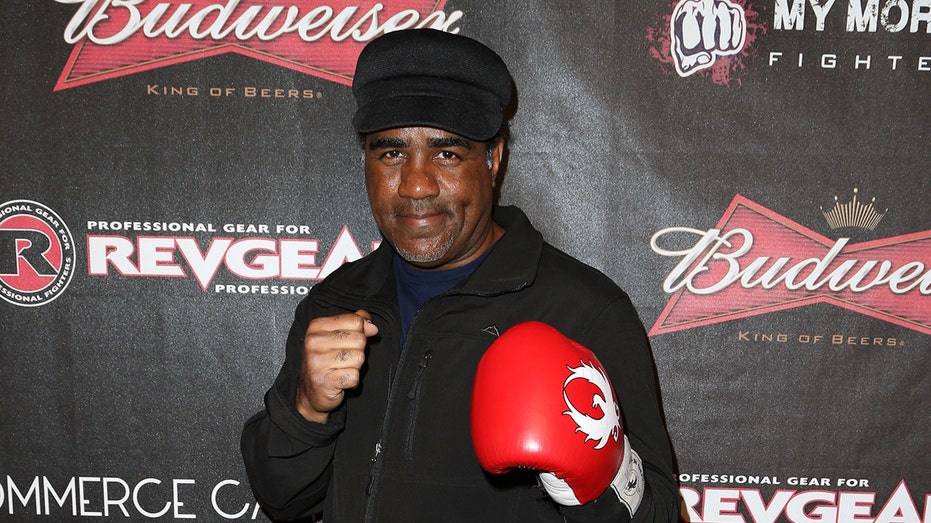After a decade in Germany, I was still anxious talking to native speakers – then I realised my language skills weren’t the problem
I have prefaced every conversation with, “Entschuldigung, mein Deutsch ist noch nicht so gut” (“I’m sorry, my German is still not very good”) since I moved to Hermsdorf, a little village in east Germany in 2015. Its purpose was to act as a disclaimer upfront so that the German person I was talking to wouldn’t expect me to articulate complicated ideas or respond promptly and accurately to everything that was said. But mostly, my opening line was a plea for mercy, a signal that I was still learning the language and would greatly appreciate it if they spoke more slowly and clearly. They would always graciously reply: “Ja, Deutsch ist eine schwere Sprache.” German is a difficult language, they all agreed. And for the longest time, that was true.
Growing up in Kuala Lumpur as Malaysian Chinese, I speak English almost natively, given that Malaysia was once a British colony. I also speak Malay, Malaysia’s official language, and Mandarin and Cantonese because I needed to communicate with my grandparents. Before moving to Germany, I already spoke Italian after working on board cruise ships for years alongside Italian officers, and conversational French after dating a Frenchman. Then, I met the man who would later become my husband in a bar on the 63rd floor of a building in Singapore and a thought occurred to me: “Wouldn’t it be funny if I have to learn German this time?”





